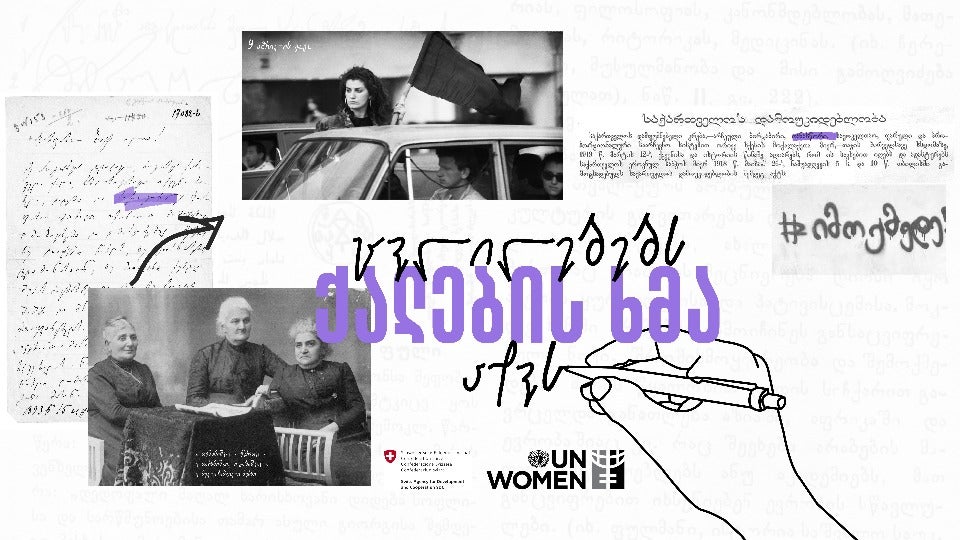
Governance & Participation in Public Life

UN Women works jointly with the Government and non-State partners to ensure that women and girls, in all their diversity, fully and equally participate in decision-making and benefit from gender-responsive governance in Georgia. To this end, UN Women provides technical support to the Government to meet its targets under the nationalized Sustainable Development Goals (SDGs), particularly SDG 5 and SDG 16, and to further ensure that national legislation, policies and practices are in compliance with Georgia’s international commitments and obligations on gender equality and women’s empowerment, most notably those under the Convention on the Elimination of All Forms of Discrimination against Women (CEDAW) and its General Recommendations and Concluding Observations, as well as the Beijing Platform for Action (BPfA).
Mainstreaming gender in the 2023–2026 Public Administration Reform Strategy, integrating gender equality commitments into the 2023–2026 Public Finance Management Strategy and integrating gender impact assessments (GIA) into the lawmaking cycle are among the key achievements made possible as a direct result of technical support provided by UN Women. Furthermore, in 2020–2023 with UN Women support, over a dozen public entities developed and adopted internal mechanisms on the prevention of and response to sexual harassment. In 2019–2023, UN Women also strengthened the capacity of up to 2,000 civil servants on gender equality and gender mainstreaming, including on gender-responsive budgeting. In order to increase public support for women’s political participation, UN Women regularly supports awareness-raising and outreach initiatives. In 2024, UN Women conducted an awareness-raising campaign advocating for women’s increased political participation and encouraging women and girls to vote, reaching an audience of over 1 million people in Georgia.
At the local level, as a direct result of UN Women’s work with the National Association of Local Authorities of Georgia (NALAG), up to 49 municipalities adopted municipal gender equality action plans aligned with guidelines developed by UN Women and NALAG, and 21 municipalities acceded to the European Charter for Equality of Women and Men in Local Life.
The collection and analysis of data on gender equality and women’s empowerment is another key area of UN Women’s work. In this regard, UN Women develops the biennial publication ‘Country Gender Equality Profile’, which describes and analyses the situation in Georgia as aligned with the SDGs, as well as the BPfA and CEDAW indicators. In 2020–2021, UN Women in partnership with the National Statistics Office of Georgia (Geostat) conducted Georgia’s first-ever Time Use Survey, shedding light and sparking national debate on gender inequality and care work in Georgia.
UN Women’s efforts to increase women’s political participation and to mainstream gender in national planning and budgeting has been primarily supported by the Ministry of Foreign Affairs of Norway (since 2019), the Swiss Agency for Development and Cooperation (since 2023) and the Government of Denmark (since 2024).